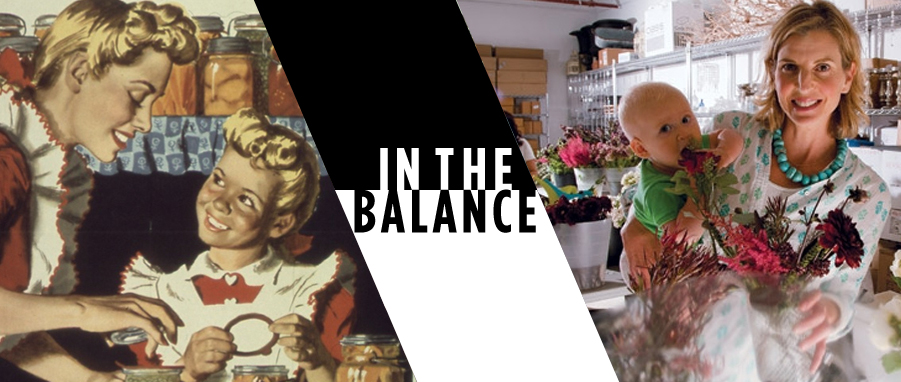I don’t know Philadelphia well, but your father does. He studied for his Master’s degree there. Yet when we visit, we always seem to discover together something that’s still new to him, and this time with you with us, it was an entirely different perspective. I’m so happy that we were able to spend the day there together as a family, and as we took in the sights of the city, I hope you remember the following:
- Principles and ideas are important: Philadelphia was home to our Declaration of Independence, and to the Constitution, and physically home to many of the men that made those two historic documents possible. The ideas that they stand for, and the words chosen to represent those ideas were carefully chosen. In fact, so carefully, the documents still stand today as meaningful, governing foundations. Every generation has the opportunity to make that kind of lasting, revolutionary impact if they choose their principles, ideas, actions and words carefully.
- Remember brotherly love: Philadelphia is known as the city of brotherly love because the greek roots of the city’s name mean just that. But the idea that the name stands for should be part of any city. A city is always home to many, and in that sense, we’re always a sort of family for each other. And we need to look out for our fellow residents in the same way that we would for a younger brother or sister, an aging parent, or any family member. Similarly, we need to look out for and celebrate the success of others in the city as well---like a cousin that wins a race or an uncle who's finally built his house. A city can never work well if it only feels like home for a few. It has to feel like home for everyone.
- Bringing your own is usually better: We love to eat in restaurants in Philadelphia because of the many places that allow you to bring your own wine. For many places, it has to do with the way the licensing for alcohol is structured, but it’s become part of the cultural experience of eating out in the city. We go out for the experience of going out, but some experiences just turn out better if we’re able to bring part of our own choosing into it with us.
- Be prepared to always be an outsider: In a famous stand in Philadelphia, known for some of the best cheesesteaks in town, there is a sign that displays---“You’re in America, Please order in English”. No surprise, it caused controversy and still does. People either strongly support it, or they are vehemently against it. Where you stand is for you to decide---but given how much our iterant lifestyle has us move, the sign was a bi tof a reminder that you will constantly know what is like to be an outsider. Even though we speak the language here, eventually we will go places where we don't. So those signs will also be for us. Because we don’t speak the language . . . because we don’ t know the options . . . because we get the process wrong. It will happen, and you’ll feel left out. Some things will always be easier, and frankly, more appropriate, if you do things “their way”. Some things, if we stick to our core, will be more important to do “our way”. You’ll have to figure out where the balance is for yourself, but the balance is easier if you are prepared for that feeling. And when you’re visiting somewhere new, at least make an effort to meet people as close to their way as possible. Hopefully, as good hosts, they are trying to do the same for you---but remember, the only that's in your control is your own.
- Not everyone is lucky enough to be grateful for their freedom: Here in the US, we take our freedom, and the liberties and responsibilities that come with it for granted. For many people, they haven’t known another way. But visits to the many historic places around Philadelphia will remind you that those liberties are in fact very special, and continually come at a cost. Not everyone has the luxury of such sound governing principles---be grateful for them, and improve upon them. No one said that the work of implementing freedoms, rights and liberties is ever done, or that the work belongs to just a few. It belongs to everyone.
All my love,
Mom
















 Bridget’s host family has one of those beautiful provençal country houses that you see on the covers of Peter Mayle books. From Agnès’ apartment, it's a 45-minute uphill walk to get to it, which is one of the reasons I love to visit. On the way I pass Cézanne’s old painting studio, and once I crest the final hill, I am rewarded with a view of the Mont Sainte-Victoire over the olive groves. It’s not something I see every day.
Bridget’s host family has one of those beautiful provençal country houses that you see on the covers of Peter Mayle books. From Agnès’ apartment, it's a 45-minute uphill walk to get to it, which is one of the reasons I love to visit. On the way I pass Cézanne’s old painting studio, and once I crest the final hill, I am rewarded with a view of the Mont Sainte-Victoire over the olive groves. It’s not something I see every day.




